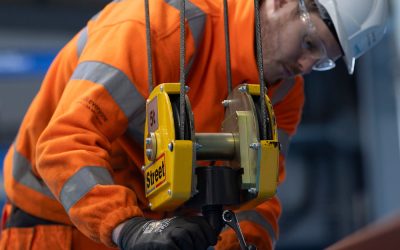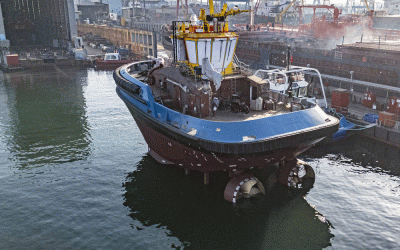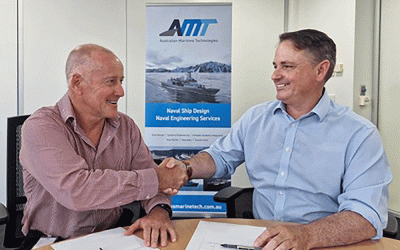Dr Nicholas Ball, CEO of XFuel, argues that adopting biofuels may help the maritime sector to decarbonise instantly without costly portside or onboard infrastructure
The shipping industry’s collective environmental footprint is a growing problem. As other sectors make substantive progress towards UN climate goals, and as public pressure intensifies, the shipping industry’s slow progress is starting to represent a real commercial risk – as cargo owners, financiers, business partners and regulators impose ever more stringent environmental criteria.
Yet, the maritime sector is almost uniquely difficult to decarbonise. The portside infrastructure required to enable conventional zero-carbon solutions is incredibly costly, while new onboard technology can be prohibitively expensive or commercially risky. At the very least, building this green capacity will take time that our stakeholders don’t have.
Port infrastructure is a basic requirement of any marine energy technology. New fuels require new storage, transfer and bunkering equipment that can safely and efficiently handle the chemical requirements of that fuel, while electrification requires portside charging stations or swappable battery cells.
Some new fuels require existing infrastructure to be adapted. For example, it may be possible to store methanol by making adjustments to existing storage tanks to account for its corrosive qualities. However, even for fuels where some existing infrastructure can be adapted, this will take time – and comes with a global price tag of over US$1 trillion.
Green infrastructure
Many ports already have issues packaging infrastructure within their footprint. New fuels or electric charging cannot share tanks or space with conventional fuels, and these practical issues may cause severe logistical issues (and thus time delays) for some ports that want to introduce new marine energy infrastructure.
These constraints will limit the routes of any vessel that relies on new fuel or battery infrastructure for some time to come. Given how long it could take for low- or medium-traffic ports to invest in this new infrastructure, this will also limit the long-term operations of ‘new fuel’ or electric workboats, and could limit their value on the S&P market.
For some applications – such as small workboats tied specifically to a single port that has already developed the appropriate infrastructure – electrification makes good sense, and smaller-sized hybrid boats have been around for years. However, most vessels, including workboats, are not in this position. Sustainable drop-in fuels from widely available feedstocks, such as recycled waste oil and waste biomass, can meet the same ISO 8217:2017 specifications as traditional hydrocarbons, potentially allowing them to be stored, transferred and bunkered in the same tanks as traditional bunker fuels. These sustainable fuels can also be mixed with traditional fuels in any ratio, cutting the need for additional space and infrastructure.
Zero-carbon propulsion
Logistical issues do not end with what infrastructure is built. Most decarbonisation solutions pose an inherent energy density issue, which can make them impractical for smaller or congested ports and for smaller vessels.
Most potential zero-carbon fuels have a lower energy density than traditional bunkers by a wide factor, and many must be stored, transferred and used at sub-zero temperatures – all of which adds space onboard, as well as the associated energy cost. This low energy density means that fuel tanks have to be bigger, onboard and shore-side to store the same amount of energy.
In effect, this means that a vessel must give up more useful space on board to be able to go the same distance. This has a very real commercial cost for larger ships, but that cost is perhaps more acute for smaller cargo vessels or workboats, where lost useful space could represent a significant chunk of total onboard space.
Sustainable drop-in fuels have a comparable energy density to traditional bunkers and have the same operational requirements, which means that they do not take up any additional space on board or shoreside. For example, XFuel’s sustainable fuels have a comparative energy density to that of traditional shipping fuels.
Shipping needs to decarbonise and cannot lag further behind other sectors as pressure increases. Advanced fuels can deliver on this, providing a flexible and practical solution for any vessel – and helping the sector to immediately reduce its environmental impact without having to depend on new infrastructure.




